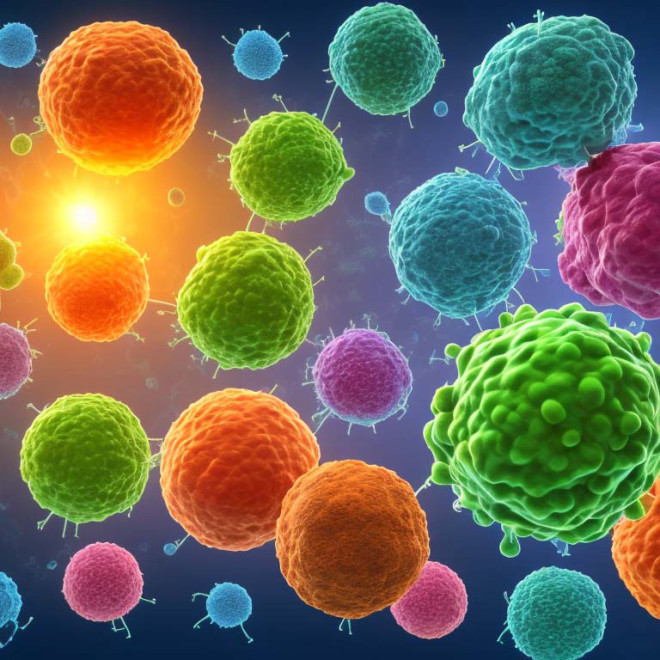The selection of the teams is based on the internal program IPE – Institutional Support of Excellence at the Second Faculty of Medicine, Charles University.

Prof. Ondřej Cinek
Molecular Epidemiology of Paediatric Diseases & Microbiology

dr. Anna Uhrová Mészárosová
Neurogenetic Lab
Dr. Anna Uhrová Mészárosová
Neurogenetic Lab
Use of massively parallel sequencing to elucidate the causes of childhood encephalopathies and early and severe childhood epilepsies, hereditary neuropathies and hereditary spastic parapareses (IPE 441)

Prof. Jakub Hort
Experimentální neurofyziologie a neuropsychologie

Prof. Jan Trka
Childhood Leukaemia Investigation Prague
Prof. Jan Trka
Childhood Leukaemia Investigation Prague
Paediatric haematooncology (IPE 462)

Dr Miroslava Hančárová
Lab of Molecular Genetics of Rare Neurodevelopmental Disorders in Children
Dr Miroslava Hančárová
Lab of Molecular Genetics of Rare Neurodevelopmental Disorders in Children
Molecular characterisation of the etiology of serious genetic diseases (IPE 716)

Doc. Daniel Smrž
Tumour Immunology
Doc. Daniel Smrž
Tumour Immunology
Immune dysregulation in pathological conditions (IPE 722)
The IPE programme serves as institutional support for excellent, especially laboratory biomedical research at the Second Faculty of Medicine of Charles University. The requirement to maintain and increase excellence in research now rightly prevails over the blanket quantitative evaluation of scientific outputs. The faculty considers as excellent outputs especially original scientific publications with a high author share of faculty members in journals with a high impact factor, belonging to the top in their fields (typically in the highest decile or quartile of the field) or patents applied in practice. It appears that there are very limited numbers of excellent research groups at the 2nd Faculty of Medicine, and it is therefore a priority for the faculty to support these groups. The conditions for such support are the demonstrable excellence of published results, the ability to obtain external funding in grant competitions and the building of functional teams with representation of key expertise and age groups at all levels of academic qualifications (PhD students, post-docs and principal investigators).